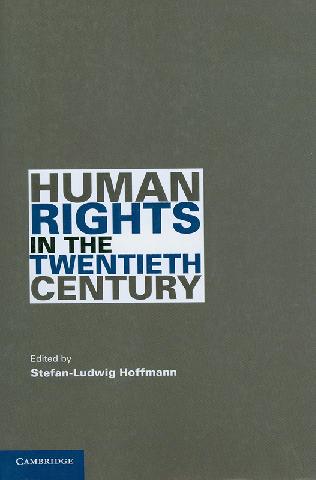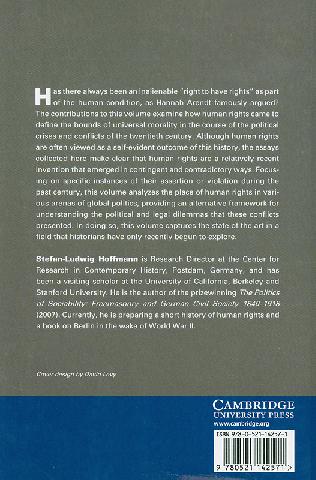|
E-mail record
|
|


Human rights in the twentieth century / edited by Stefan-Ludwig Hoffmann
| สถานะ | ||||
หนังสือทั่วไป | JC571 H918 2011 Barcode: 30100100120989 | ►มุมหนังสือทั่วไป | บนชั้น ขอยืม | |
แสดงความเห็น
ยังไม่เคยถูกคอมเมนท์
| คอมเมนท์ทรัพยากรรายการนี้ |
|
Copyright © 2026 ศูนย์สารสนเทศสิทธิมนุษยชน. All Right Reserved